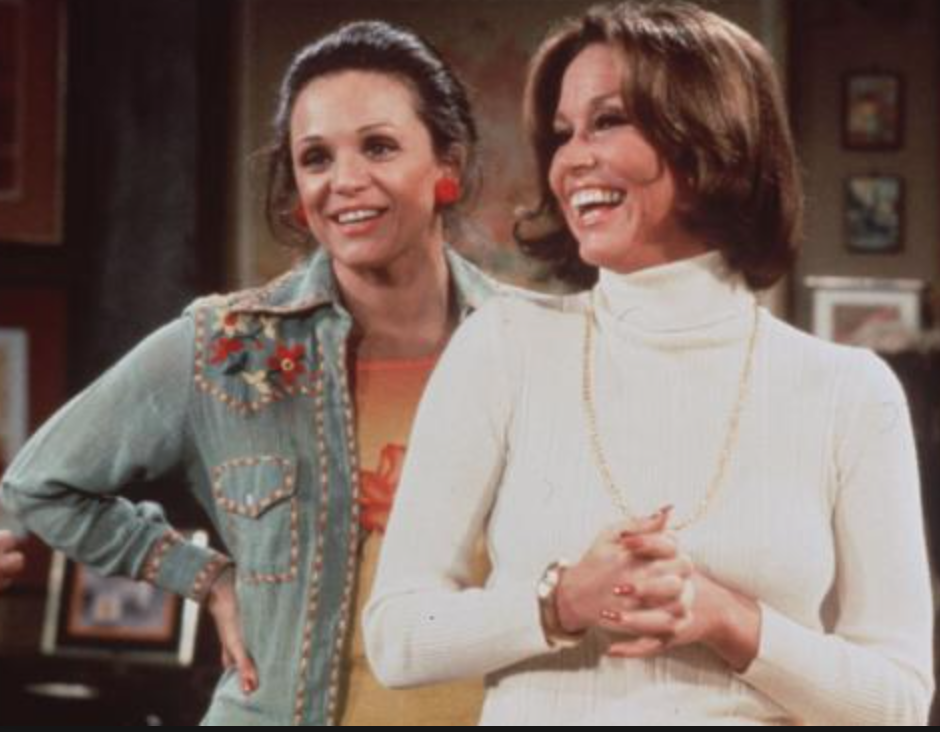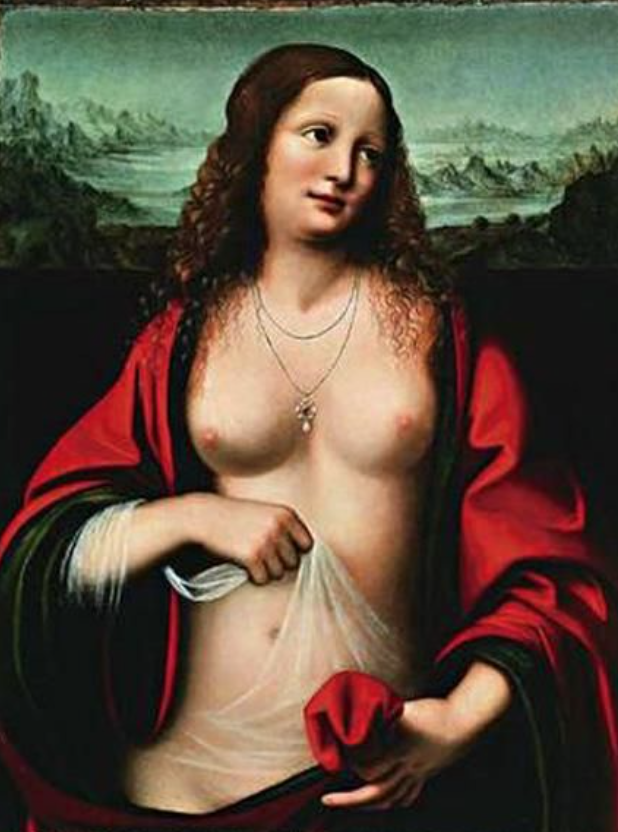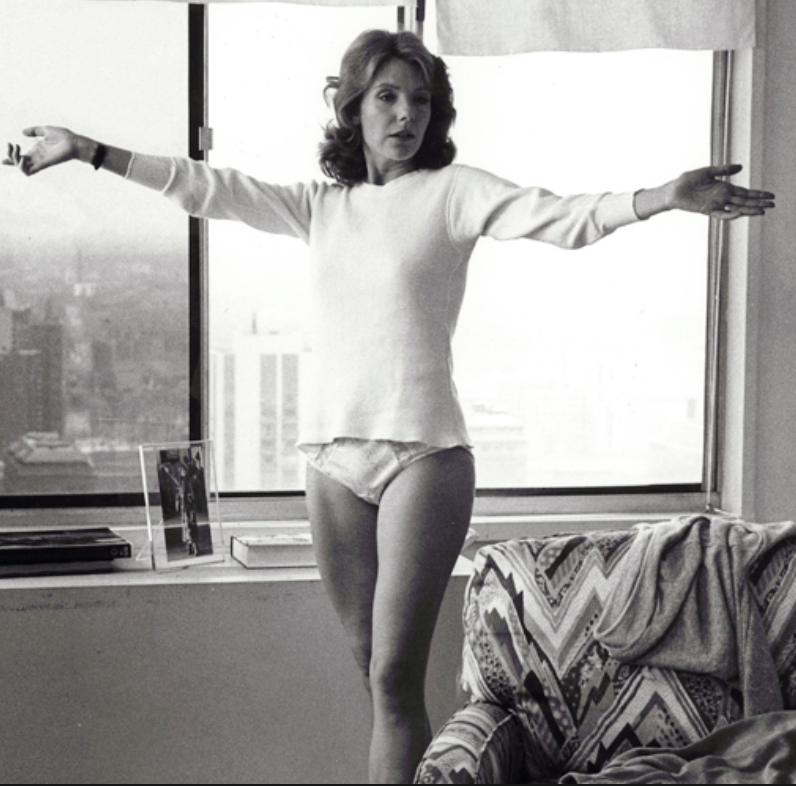 Mother’s Day is one of the more loaded holidays on the calendar. It’s lovely to celebrate your mom if she’s still alive and if you have a good relationship with her, and it’s lovely to be celebrated if you are a mom. But that’s a lot of conditionals, especially for the millions of adult women who are child-free. Whether you’re not a mother by choice or through circumstances beyond your control, the media isn’t exactly your pal this time of year. In fact, though I initially envisioned this piece as a list of films about adult women who are happily child-free, I quickly realized I might as well go unicorn hunting. Unattached women of any sort don’t fit into Hollywood’s idea of a happy ending.
Mother’s Day is one of the more loaded holidays on the calendar. It’s lovely to celebrate your mom if she’s still alive and if you have a good relationship with her, and it’s lovely to be celebrated if you are a mom. But that’s a lot of conditionals, especially for the millions of adult women who are child-free. Whether you’re not a mother by choice or through circumstances beyond your control, the media isn’t exactly your pal this time of year. In fact, though I initially envisioned this piece as a list of films about adult women who are happily child-free, I quickly realized I might as well go unicorn hunting. Unattached women of any sort don’t fit into Hollywood’s idea of a happy ending.
Television does better by the ladies in this department, as in so many others. Sure, self-possessed, child-free women are still few and far between. As much as “Parks and Recreation” was generally a feminist paradise, April Ludgate’s change of heart regarding motherhood seemed an unnecessary betrayal of her character, and Leslie Knope’s triplets seemed tacked-on as a plot point. The distinctly un-nurturing Murphy Brown opted for single mamahood eventually (though that was revolutionary in its own right), and even Miranda Hobbes of “Sex and the City” couldn’t go through with her abortion. Christina Yang of “Grey’s Anatomy” did, and her fiery red-haired husband never let her forget it. Continue Reading →


